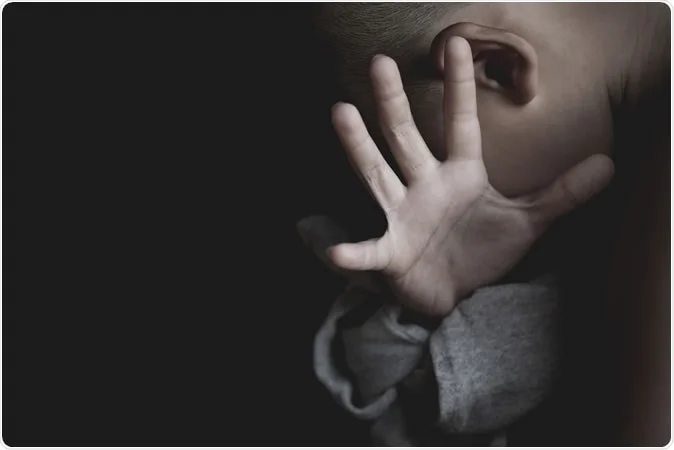Kenya has enshrined the principle of the best interests of the child at the heart of its legal system, joining international and regional efforts to safeguard children’s welfare. This principle rooted in Article 3 of the United Nations Convention on the Rights of the Child (CRC) and Article 4(1) of the African Charter on the Rights and Welfare of the Child (ACRWC) demands that children’s needs be the primary consideration in all decisions affecting them. In Kenya, Article 53(2) of the Constitution and Section 8 of the Children Act, 2022 echo this obligation, requiring courts and administrative bodies to put children first.
In child custody disputes, the Kenyan courts have repeatedly reaffirmed that the welfare of the child outweighs the interests of parents. Judges weigh several factors, including the child’s relationship with each parent, each parent’s ability to provide for the child’s physical and emotional needs, and the child’s own preference, provided they are of sufficient age and maturity. The courts also examine any history of domestic violence or child abuse and the stability of the child’s current living arrangement. This approach was illustrated in the case of J.O v S.A.O [2016] KECA 55 (KLR), where a father attempted to vary custody arrangements by citing his daughters’ preference for a different school. Justice Majanja dismissed the application, ruling that while a child’s views are important, they are not decisive. The Court of Appeal upheld this position, affirming that custody remains with the mother unless exceptional circumstances such as neglect or immorality are proven.
The principle is equally vital in adoption cases. Under Section 187(5) of the Children Act, 2022 and Article 21 of the CRC, Kenyan courts must ensure that adoptions provide a nurturing and suitable environment. This includes evaluating the prospective adoptive parents’ financial, emotional, and psychological capacity to care for the child, and ensuring that the child’s cultural identity and heritage are maintained, particularly in cross-border adoptions. In Re Adoption of Baby A (2018) eKLR, the court emphasised the importance of diligence to prevent trafficking and exploitation, reinforcing that every child deserves a secure and loving home. The Alternative Care Guidelines of 2014 further recommend family-based care over institutionalisation, underscoring the need to keep children connected to their families and communities.
Kenya has also embraced a child-sensitive approach in juvenile justice, focusing on rehabilitation rather than punishment. Sections 77–79 of the Children Act, 2022 strictly prohibit the imprisonment of children, mirroring Article 40 of the CRC. Instead of incarceration, young offenders are placed in remand homes or rehabilitation schools designed to support reformation, education, and reintegration. Specialised juvenile courts provide confidential hearings, legal representation, and psychological support to create a judicial environment that is less intimidating and more rehabilitative.
Child protection matters also rely heavily on the best interests principle. Courts and child welfare agencies must assess whether a child is at risk of harm and, if so, determine the most appropriate protective measures. This involves evaluating the home environment, the suitability of alternative caregivers, and the child’s access to healthcare, education, and emotional support. The Children Act, 2022, alongside Article 19 of the CRC and Article 16 of the ACRWC, reinforces the state’s duty to intervene to prevent abuse, neglect, and exploitation.
Despite its significance, the best interests principle has drawn criticism for its vague and subjective nature. Legal scholars warn that because it lacks a fixed formula, judges and welfare officers have broad discretion that can lead to inconsistent decisions. For instance, while Justice Majanja held that a child’s wishes are not decisive in J.O v S.A.O, courts in other jurisdictions, such as the United States, may give greater weight to children’s preferences. Critics argue that this variability can mask adult-centred concerns such as reinforcing parental rights or upholding traditional family structures rather than genuinely prioritising the child’s welfare. Historically, the principle has even been used to justify discriminatory practices, like placing children in institutions instead of extended family homes, contrary to their long-term interests.
Experts say Kenya can address these challenges by developing judicial guidelines that clearly outline the factors to be considered when determining a child’s best interests. Parliament could amend the Children Act, 2022 to include a comprehensive, Kenyan-tailored list of factors to guide courts and administrative bodies. Training for judicial officers, children’s officers, parents, and lawyers is also critical to ensure a uniform understanding of the principle.
Another key recommendation is to amplify children’s voices. Although Article 12 of the CRC gives children the right to express their views in matters affecting them, Kenyan courts often overlook this, partly due to cultural perceptions that children should not have an opinion. Advocates suggest including child rights and expression in school curricula to help shift attitudes.
Finally, experts point to the urgent need for increased government funding for child welfare services. The Department of Children’s Services (DCS) and the National Council for Children’s Services (NCCS) are often underfunded and understaffed, with many children’s homes and rehabilitation centres lacking basic facilities. Without adequate resources, the best interests principle risks becoming a hollow ideal.
Kenya has made commendable progress in embedding the best interests of the child into its laws and policies. Yet, without clearer guidelines, better training, stronger child participation, and increased funding for welfare services, its application remains uneven and open to subjectivity. By addressing these gaps, Kenya can ensure that the principle lives up to its promise safeguarding the welfare and future of every child.

